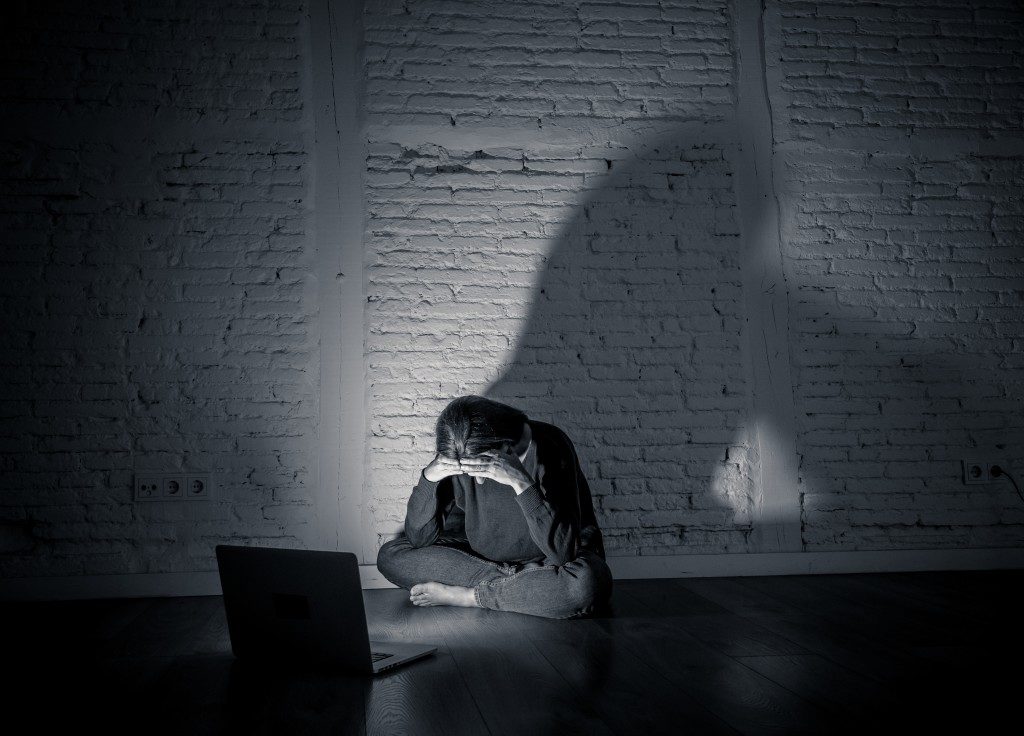Thousands of people are subjected to negative, abusive, and threatening messages posted to social media on a daily basis. If you find yourself at the crosshairs of a cyber-bully, you might be wondering what you can do to protect yourself. Sometimes, simply stepping away from your computer and digital devices isn’t enough. In the most extreme cases, you might need to seek out legal help from one of the many reputable media law firms in London. However, there are also steps that you can take to handle this stressful situation on your own.
Identify the crime
Recognise what is happening to you for exactly what it is: a crime. If you choose to take legal action, you should also be able to communicate what exactly you’re experiencing. There are several of the most common cyber offences that you may report when filing your case:
- Online trolling or cyber-bullying: Messages of a threatening or intimidating nature that are sent through computers, mobile phones, or other electronic devices.
- Cyber-stalking: When an individual’s movements are tracked and closely monitored without their consent online.
- Impersonation: When someone represents themselves to be a person they are not.
- Cyber pornography: The act of using the internet or digital devices to create, distribute, or publish pornography or obscene materials.
Don’t engage
Regardless of who the suspect carrying out these crimes is, it’s best to just ignore them. Don’t engage in any further arguments, conversations, or threats. Continuing to communicate with them will only complicate things further. You should also report their abusive conduct to the necessary website owners, if possible. Many sites and apps offer options to report abuse and block individuals. If they’re reported enough times, then the website operators may take down the abusive and offensive content.
Document the evidence

Make sure to document all instances of online harassment. Download and make multiple copies of audio or video files, take screenshots and pictures, or print them out. This will serve as evidence for law enforcement if you choose to pursue a civil lawsuit.
Protect your accounts
Keep your accounts private and change all your passwords to reduce the risk of further abuse and harassment. If possible, try not to delete your accounts. You can log out of them, but it would be helpful to your case to keep them around for evidence.
Reach out to people
Don’t be embarrassed to let your friends, family, and colleagues know about your situation privately. They can help legitimise your case and act as witnesses, as well as help out in reporting the offensive content so that it can be removed. If your life has been threatened, you may file a report with your local police department if they have an internet crime division.
If the harassment persists or gets more serious and the website operators refuse to take action, you may contact law enforcement to properly assist you. As with anything, it’s important to prevent these incidents from happening in the first place or from happening again. Always be proactive when it comes to your online security and privacy and take the necessary steps to avoid being a victim of online harassment.
